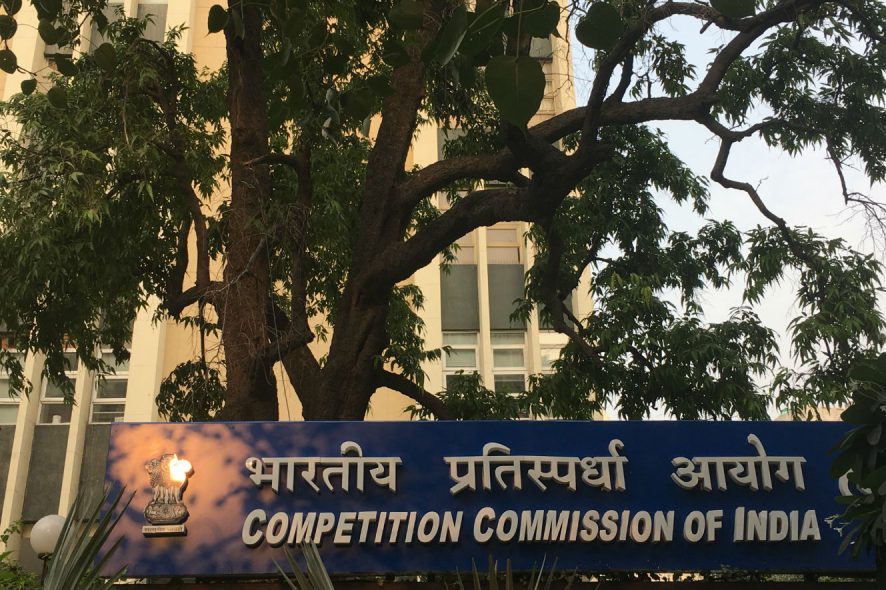Competition Commission of India: The Commission recently passed an order under Section 26(2) of the Competition Act, 2002 regarding a complaint filed under Section 19(1)(a) of the Competition Act, 2002 wherein the informant alleged that the opposing party (OP) had contravened Section 4 of the Competition Act.
The informant was the Karta of an HUF and the OP was a private real estate development company. The facts of the case are that the informant had come across an advertisement by the OP about them developing a residential layout at a certain area in Bengaluru which was supposed to have various amenities such as a park, swimming pool etc. The informant, being interested in the project, paid a part of the consideration amount in cash to the OP who ended up executing the agreement a few days later on the names of some 3rd party people, who the OP intimated to the informant, were the registered land owners. Following this, when the time came for the execution of the sale deed of the residential plot, the OP refused to agree to the informant’s term of including the OP’s name and of him having paid the entire consideration amount. The informant was rather coerced into executing the sale deed without consideration to his terms. Further more, even after the sale deed had been executed, the OP had yet to provide the amenities which were previously promised to the informant owing which the informant was forced to keep the plot vacant. The informant also came to know that the land was provided to the original owner on account of him being an SC for free, a part of which was further sold by the concerned to some other part and which consequently came to the hands of the registered owners with whom the OP had only entered into a development agreement. It was also brought to the notice of the informant that the original owner had filed for cancellation of the sale under the Karnataka Scheduled Castes and Scheduled Tribes (Prohibition of Transfer of Certain Lands) Act, 1978. The problems that were being faced by the informant were also being faced by many other purchasers of the land.
The informant hence contended that the OP had misused his dominant position by misleading the purchasers and making them enter into agreements whereby they would have to adhere to the dictated terms of the OP.
The Commission observed that this was a case of fraudulent sale of land and revolved around issues such as corruption, money laundering, unfair practices etc. and hence, didn’t warrant the intervention of the Commission for abusive conduct of the OP under Section 4 of the Act. The Commission also acknowledged that even though the Agreement and the Sale Deed had been entered into before the Act came into effect, it could still be examined under the provisions of the Act as the effect of the agreements had been continuing till the present date. The Commission still went on to examine whether the case would stand even if the conduct was to be examined as an abusive one. The Commission held that the OP didn’t stand at a dominant position in the relevant market which was ascertained to be that of “provision of services for development and sale of residential plots in Bengaluru”, since there were other real estate developers offering residential plots in the relevant market and which were fierce competitors to the OP. [Indudhar M. Patil v. DS-Max Properties Private Limited, Case No. 64 of 2017, order dated 04.01.2018]






